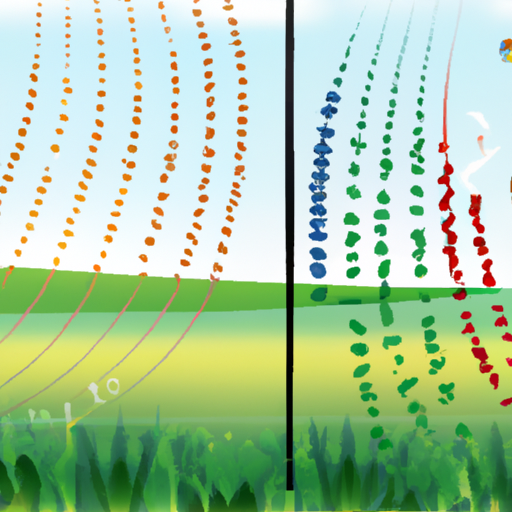The Relationship between Genetically Modified Organisms and Biodiversity
The advent of technology has influenced various aspects of life, including research in bioengineering. A significant product of these advancements is Genetically Modified Organisms (GMOs). This article aims to explore the relationship between GMOs and biodiversity, discussing their concept, usage, potential impacts and future outlook.
Understanding GMOs
Genetically Modified Organisms (GMOs) are organisms in which the genetic material has been altered in a way that does not occur naturally by mating or natural recombination. This involves the manipulation of an organism's DNA to achieve a desired characteristic. Through this method, crops resistant to diseases, pests, and drought can be produced, among other traits.
Development and Usage
Over the past few decades, GMOs have been developed and used in various sectors, including medicine, agriculture, and research. For instance, in agriculture, farmers have adopted GMO crops due to their increased yield and resistance to pests and diseases. In medicine, GMOs have brought about significant improvements in vaccine development.
Potential Impacts on Biodiversity
The relationship between GMOs and biodiversity is complex. GMOs have the potential to impact biodiversity both positively and negatively.
Positive impacts
GMOs can positively impact biodiversity by enhancing agricultural productivity and sustainability. By creating disease-resistant crops, we can reduce the usage of harmful chemical pesticides, which can harm non-target species and disrupt ecosystems.
Negative impacts
On the other hand, GMOs could potentially harm biodiversity. The introduction of genetically modified species could outcompete native species, disrupting ecosystems and leading to a loss in biodiversity. Also, there's a potential risk of gene flow where the modified genes transfer to non-target species, possibly leading to unexpected negative consequences.
Ethical and social implications
The creation and use of GMOs raises various ethical and social questions. The fact that humans are modifying life's basic building blocks leads to ethical quandaries about playing 'god'. Furthermore, there are social concerns regarding the labeling and consumption of GMO products, patent rights, and the impact on small-scale farmers.
The Future of GMOs
Looking into the future, GMOs show promise in the areas of conservation and enhancing biodiversity. Disease-resistant GMOs can protect endangered species from extinction. Moreover, GMOs can help to adapt our agricultural systems and other industries to the challenges of climate change while also preserving biodiversity.
Conclusion
In conclusion, the relationship between GMOs and biodiversity is multifaceted and requires ongoing research and careful regulation to maximize their benefits while mitigating potential risks. With thoughtful consideration of ethical and social implications as well as the potential impacts of GMOs, we can ensure that we both protect our diverse ecosystems and make progress towards a more sustainable future.




















Comments
Leave a Comment